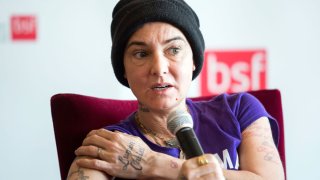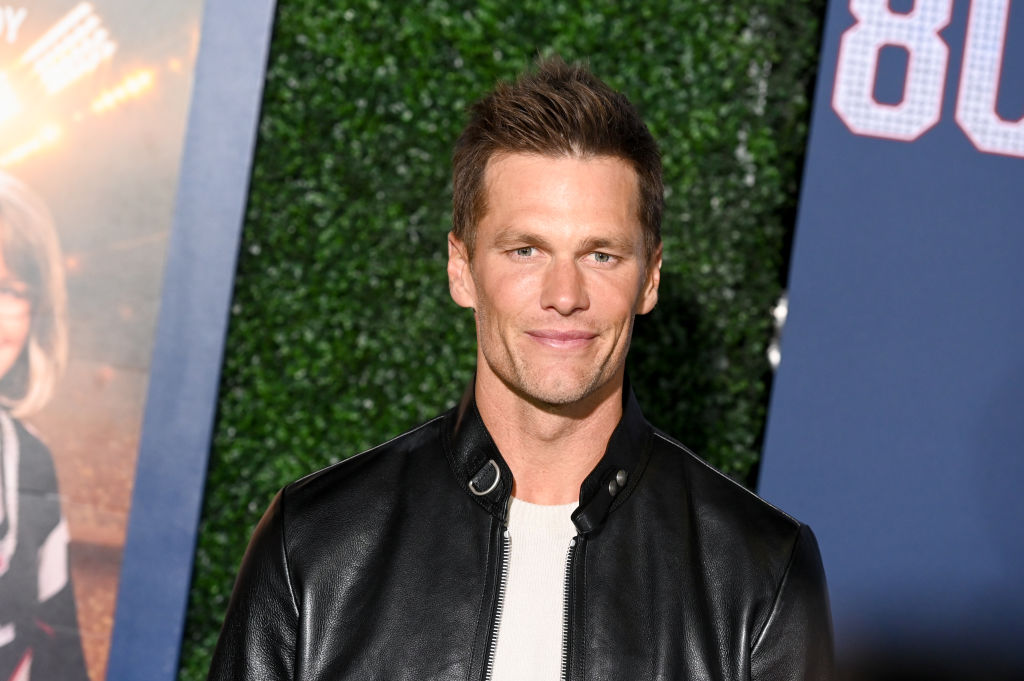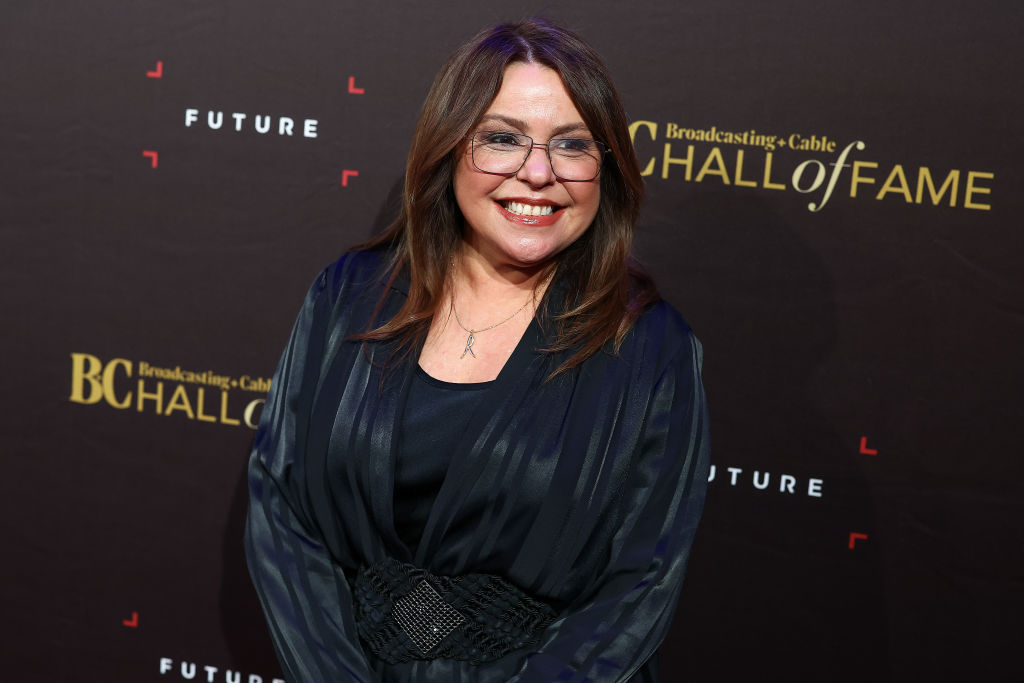
Sinead O'Connor is opening up about how difficult it was being labeled "crazy" early in her career.
In a lengthy interview with the New York Times published Tuesday, the Irish singer, 54, who emerged on the late 1980s alternative rock scene with a shaved head and a punk attitude, reflected on the negative way the media wrote about her throughout the 1990s.
After scoring a No. 1 hit song in 1990 with her cover of Prince's "Nothing Compares 2 U," O'Connor found herself feeling out of place on the mainstream pop charts. She made headlines the following year when she announced she would boycott the Grammy awards ceremony, citing the Recording Academy's penchant for awarding artists who score the most commercial success.
"The media was making me out to be crazy because I wasn’t acting like a pop star was supposed to act," she said. “It seems to me that being a pop star is almost like being in a type of prison. You have to be a good girl."
The vitriol reached a fever pitch in October 1992 after O'Connor tore up a photo of Pope John Paul II while performing as the musical guest on "Saturday Night Live."
Though the singer explained at the time that she ripped the photo in protest of child sexual abuse in the Catholic Church, she found herself quickly blacklisted.
Get Tri-state area news delivered to your inbox. Sign up for NBC New York's News Headlines newsletter.
"I'm not sorry I did it. It was brilliant," O'Connor said, looking back. "But it was very traumatizing."
Entertainment News
"It was open season on treating me like a crazy bitch," she added.
After the incident, O'Connor, who's long been candid about her struggles with mental illness, became the butt of comedian's jokes and was condemned by the Anti-Defamation League. She was criticized by countless public figures, including Madonna and Frank Sinatra.
"It was a very lonesome, lonesome 10 years," said the singer, who's currently at work on a memoir.
The Grammy winner — despite her boycott, O'Connor nabbed an award for Best Alternative Music Album in 1991 — was eventually diagnosed with complex post-traumatic stress disorder and borderline personality disorder.
One product of her trauma, she revealed, was blocking out much of the post-"SNL" period.
"I really trust the subconscious," said the singer. "If it doesn’t want you to remember something, there’s a very good reason for that."
O'Connor added that she later empathized with younger female pop stars — including Britney Spears — who were lambasted by the media for their own mental health struggles.
"What they did to Britney Spears was disgusting," she said. “If you met a stranger in the street crying, you’d put your arms around her. You wouldn’t start taking photos of her, you know?”
Nearly 30 years after her fateful "SNL" appearance, O'Connor has been vindicated in the eyes of many. In 2001, Pope John Paul II himself apologized for the sexual abuse of children by priests in the Catholic Church.
O'Connor never needed approval for her protest. She maintains that she — or anyone else — had the right to call out the abuse.
"Not because I was famous or anything, but because I was a human being, I had a right to put my hand up and say what I felt."
This story first appeared on TODAY.com. More from TODAY:



